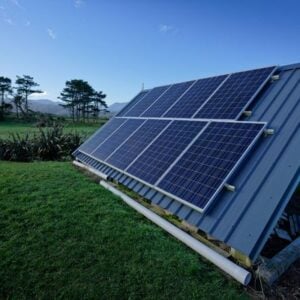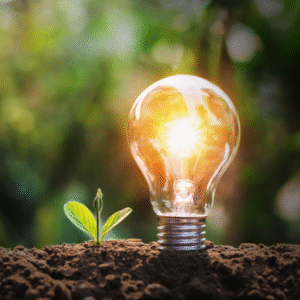The Environmental Protection Agency (EPA) is planning to cancel $7 billion in federal grants designated for the “Solar for All” initiative, a Biden-era program designed to expand solar power access to low- and moderate-income households across the United States. The initiative aimed to install solar panels for nearly 900,000 homes, particularly benefiting renters and those without the ability to set up personal systems. The move, driven by the Trump administration, has drawn strong criticism from environmental advocates, with legal action threatened over what is seen as an unlawful rollback of clean energy funding.
In Africa, the Africa Finance Corporation is calling for a strategic shift in focus from emission reduction to the mining of critical minerals that are essential for clean energy technologies. Speaking at the Financing Africa Forward Summit, the organization emphasized that Africa, which contributes less than 4% of global emissions, holds a unique position to support the global energy transition through its rich reserves of these key minerals.
India, meanwhile, is experiencing a notable decline in coal consumption. The country, traditionally reliant on coal for 75% of its electricity, saw that figure fall to 64.3% in July due to a surge in renewable energy and hydropower. The reduction in coal demand has led to a 13% drop in coal inventories at power plants and a decrease in purchases from the state-run Coal India. Renewable sources, including solar and wind, have increased significantly, signaling India’s accelerating shift toward cleaner energy.
In Australia, BlackRock’s Akaysha Energy has launched the Waratah Super Battery, a $648 million project that now ranks among the world’s most powerful battery installations. With 350 megawatts of its 850 MW capacity already activated, it can power over a million homes for an hour. This development cements Australia’s place in the top five countries for large-scale battery usage and highlights the growing role of energy storage in grid stabilization.







